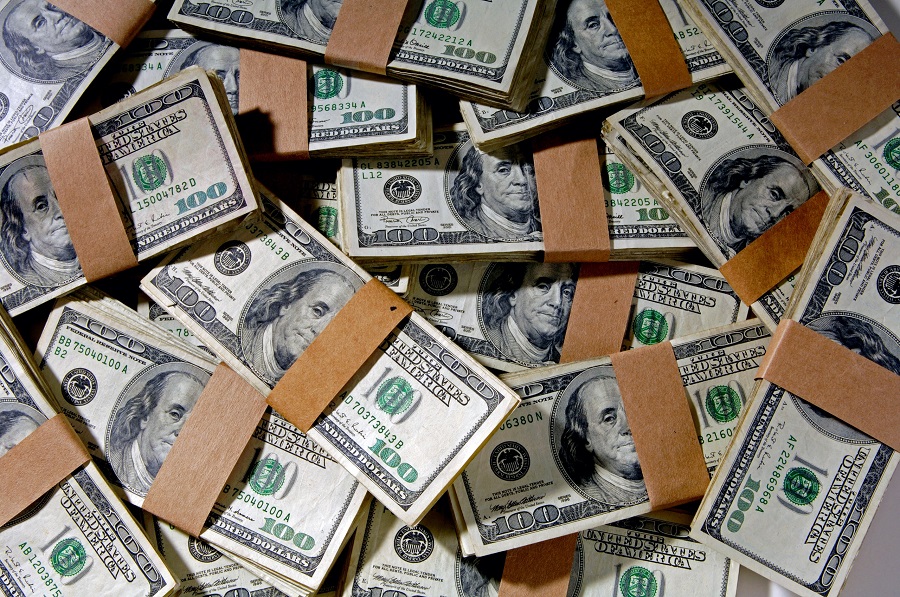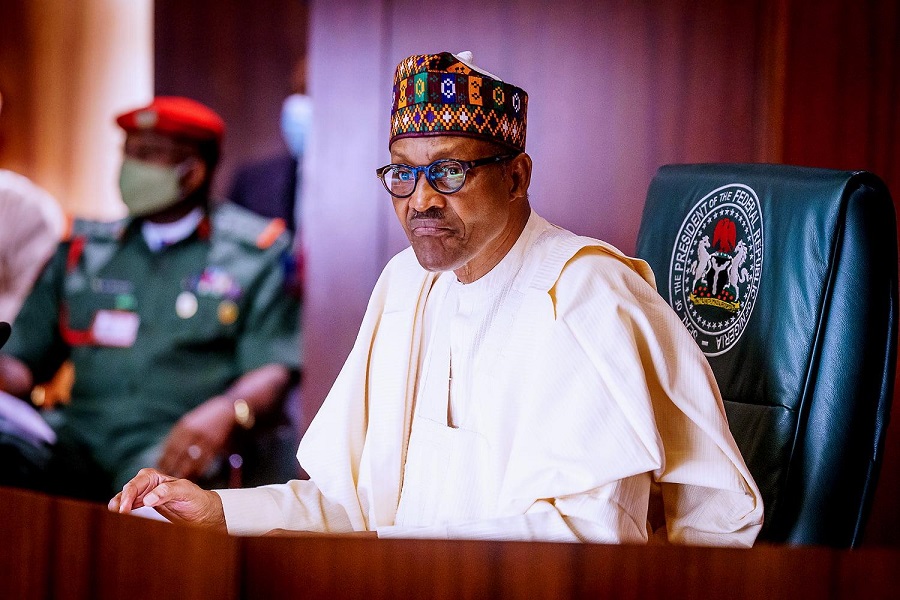Nigeria’s foreign reserve rose to $40 billion last week, for the first time in about 23 months, after gaining $566.45 million on Monday. The information is viewed as a massive boost for the economy especially after weeks and months of battering faced by the local currency (Naira) against the US Dollars.
Last week’s boost to the nation’s foreign reserves takes the reserves beyond the $40 billion thresholds. While some analysts are eager to celebrate the increase, others are sceptical, citing mounting debt as a risk.
Nigeria’s foreign (external) reserve is closely watched data due to its significance on the country’s ability to match pent up demand for forex, especially from institutional investors. According to data from the Central Bank of Nigeria (CBN), Nigeria’s foreign reserves gained $566.45 million on Monday, 18th October 2021, to close at $40.39 billion, showing a growth of 1.42% on Monday from $39.82 billion recorded the previous day.
How did we get to $40 billion?
At the Nairametrics #OnTheMoney series hosted by Ugo Obi-Chukwu on Clubhouse, guest analysts provided insight into factors that must have driven the growth in reserves. The analysts, Wale Okunrinboye (CFA), Olumide Adesina, Zeal AK and Jibola Lawal, spoke extensively on the factors that led the reserves to shoot past the $40 billion mark.
- Eurobond Boost
Standing at a 23-month high, Nigeria’s reserves got a boost from the $4 billion Eurobond raised by the federal government from the international debt market.
The Eurobond served as a major propeller for Nigeria’s reserves as it has gained over $4.43 billion since the issuance.
- IMF Boost
Another source was the $3.35 billion direct allocations approved by the International Monetary Fund. Also, China’s $1.5 billion laid a solid foundation for the boost.
Given the increasing appetite for Nigerian debt, the federal government still plans to borrow another $2 billion and analysts are speculating it may come via another Eurobond.
There is also an indication that a $1.5 billion bilateral loan might be obtained from China which could further boost Nigeria’s external reserve position.
Does this help the exchange rate?
It is safe to assume that the currency exchange rate and the country’s foreign reserves are related. The impact of foreign reserves on the Naira, on the other hand, may be dependent on the CBN’s ability to implement its FX policy swiftly and seamlessly.
Guest analysts at the Nariametrics Clubhouse session stated that for the exchange rate to get a boost from these inflows, the apex bank will have to pump liquidity into the official market and if this happens, the black market rates will appreciate. But this depends on how well the CBN implements the sale of forex.
They also agreed that better management of injection or liquidity could provide further stability for the exchange rate thereby providing confidence for foreign investors to inflow forex into the country.
Other considerations
The substantial increase in Nigeria’s foreign reserves could also be ascribed to the bullish run in the global crude oil market, which has seen the black gold gain over 65% year to date. Since crude oil exports account for more than 85% of Nigeria’s total export revenue, there would be a direct correlation between Nigeria’s foreign reserves and crude oil prices.
How does Nigeria’s rising debt factor into the foreign reserve equation?
As of June 30, 2021, the external debt was at $33.468 billion, with MULTILATERAL accounting for 54.88%, BILATERAL for 12.70%, COMMERCIAL for 31.88%, and PROMISSORY NOTES for 0.54% (these are non-interest Notes issued to settle the arrears of the federal government to local contractors).
The debt factor is a core issue to consider because the foreign reserve holding behaviour of developing countries differs in some ways from that of advanced countries.
Many studies have found that reserves, either as a percentage of the money supply or as a percentage of short-term debt, could have been a valuable forecast of the 1990s developing market crises.
As a result of the emerging market crises of the 1990s, the “Guidotti rule” superseded the customary rule of thumb that developing economies should have enough reserves to cover at least three months of imports.
According to this rule, developing countries should have enough reserves to cover all short-term or one-year-maturity foreign debt. Most emerging market countries worked hard to boost their reserve holdings, with the Guidotti ratio of reserves to short-term debt rising from below one to above one in most cases. The motivation was precautionary, to protect oneself from the consequences of future crises.
Bottomline
Although it is commendable that Nigeria’s foreign reserves have swelled to over $40 billion, it is critical to understand how the surge came to be and whether it is sustainable.
Due to Nigeria’s rising debt profile, economists are sceptical about bolstering reserves through debt with attendant interest payments, rather than through long-term sources such as foreign deposits and holding other governments securities, for example.








